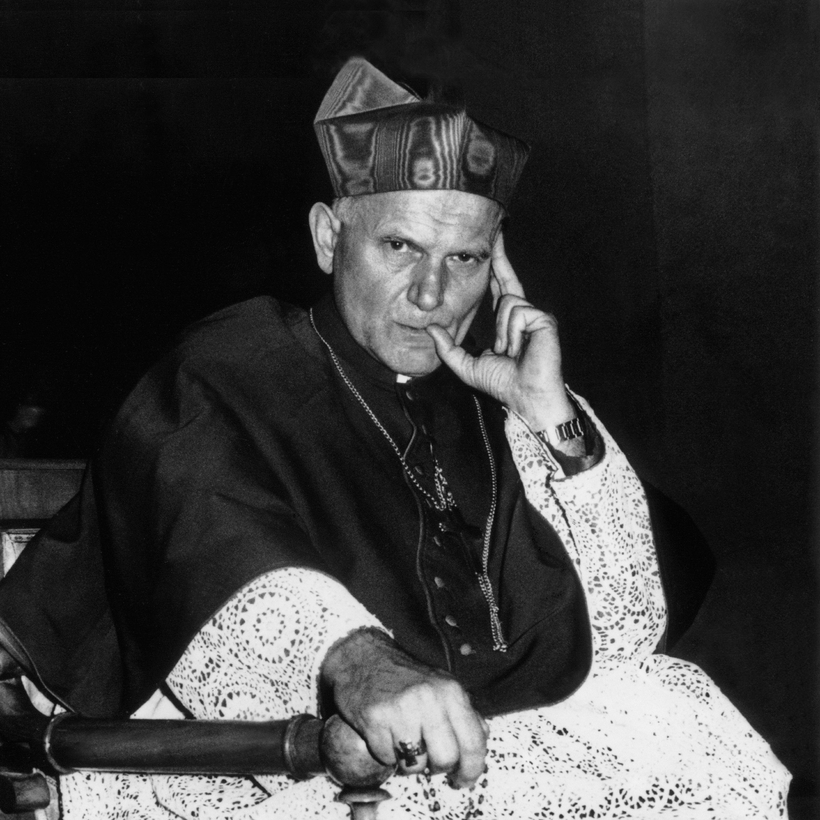John Paul II, who presided over the Vatican from 1978 until his death, in 2005, was the most secretly trained Pope the Catholic Church ever had. He was also the one who knew best the weaknesses of Communism, and how to operate within the system while avoiding all-out war.
Born in Poland in 1920, Karol Józef Wojtyła attended clandestine seminaries and frequented groups of intellectuals who met in secret to discuss ways of undermining Communism from within. Later, the Communist countries of Eastern Europe became the Pope’s exclusive domain.
To support him, he relied on trusted men such as the Czechoslovak Jozef Tomko, who took charge of the operational direction of the clandestine action toward the Eastern churches.
The Pope’s entourage was “Polonized” at great speed, starting with the private secretary, Father Dziwisz, a faithful member of the Vatican family. The Pope set up a Polish section in the Secretariat of State. This small group formed a secret network managed directly by the Pope, or via Dziwisz, to organize clandestine visits in Eastern Europe, communication with trusted priests, the transfer of secret funds, and the recruitment of sources.

On December 13, 1981, in response to social unrest caused by the Solidarity trade union, martial law was proclaimed in Poland. The Pope then decided to openly support Solidarity and advised it to go underground and win over people with the help of the Church.
The Pope secretly sent tens of millions of dollars to Poland. Food trucks arrived in the country from all over Europe. The Pope’s support galvanized the Poles and gave them faith in their fight.
In the Vatican, every visitor from Poland was supposedly immediately summoned by Dziwisz to the Pope’s table to answer a flow of questions late into the night. At the end of each interview, Dziwisz took a bundle of money from a safe and gave it to the visitor, indicating to whom in Poland it should be passed on. Sometimes even a stock of gold was allegedly hidden in a Lada Niva, in a double bottom and in the doors, before being driven by a priest into Poland.
John Paul II received crucial support from the Reagan administration, mainly in the form of secret American intelligence documents, including satellite images and C.I.A. analysis reports. These materials gave the Vatican an exceptional view of the inner workings of Polish power, of the dire state of the Polish economy, and of the continuing tensions between Warsaw and Moscow, and helped John Paul II fine-tune his secret war.
Gorbachev declared that the fall of Communism in Poland would not have happened without John Paul II. The Pope was the chief engineer of a nonviolent revolution in the East, and through his public positions and his visits to Poland he galvanized the Polish people.
But he also set up an intelligence structure that was unique in the history of the Church. More than any other contemporary pontiff, John Paul II demonstrated an understanding of espionage and covert action superior to most heads of state.
The irony is that, all his life, he had been prepared and trained for these secret actions by the very people he was going to fight.
Yvonnick Denoël is a French historian, publisher, and intelligence specialist who has written on the C.I.A., Mossad, and espionage in the 20th century

